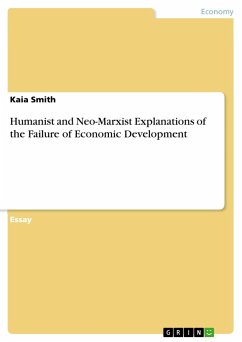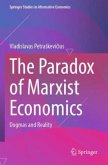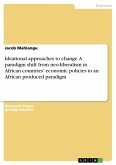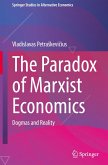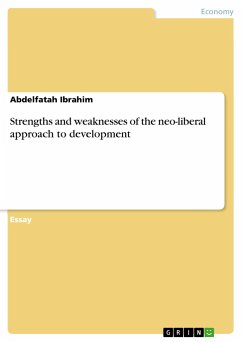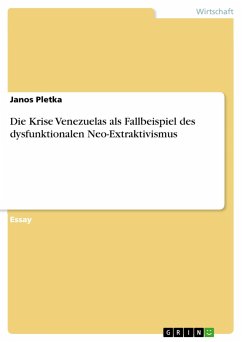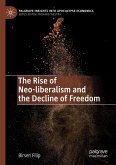Essay from the year 2011 in the subject Economics - Other, grade: 2:1, , language: English, abstract: Although Robert Klitgaard's book "Tropical Gangsters" is a "compelling and entertaining account of the author's two-and-a-half year adventure in Equatorial Guinea," its deeper exploration of the failure of economic development offers a realistic and in-depth description of the difficulty in transferring the Western model of economic theory to the developing world. From this book, one can draw various conclusions in reference to the reasons for this failure; the possibility of these criticisms is founded upon Klitgaard's own neoclassical explanations and other alternative economic theories in reference to conditions of the country's life and political processes. Although the neoclassical reasoning prevails, as it does in all other IMF and World Bank policies, the general lack of variety in global developmental approaches brings up the possibility of more significant and complex factors than traditional theory proposes. Both neo-Marxism and humanism offer points of view that address some of these overlooked issues. The former stresses the significance of ulterior motives of such aid organizations as the IMF and World Bank; the latter delineates the importance of non-traditional economic variables and outcomes in the overall success of economic development. In regard to the explanatory and prescriptive power of both of these policies, I find that humanism portrays more clearly the problems within the current paradigm of economic development and shows potential correctives for the future in order to increase effectiveness of foreign development efforts.
Hinweis: Dieser Artikel kann nur an eine deutsche Lieferadresse ausgeliefert werden.
Hinweis: Dieser Artikel kann nur an eine deutsche Lieferadresse ausgeliefert werden.

